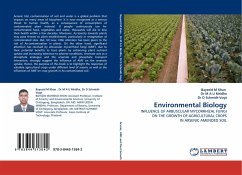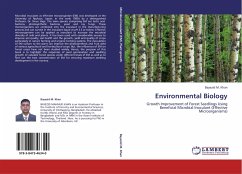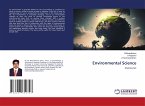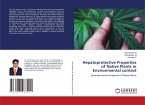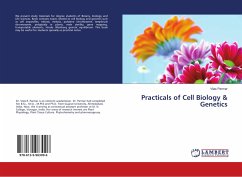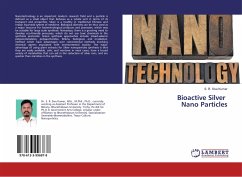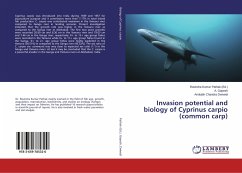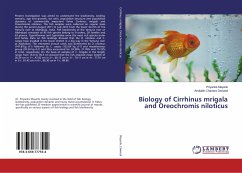Arsenic (As) contamination of soil and water is a global problem that impacts on many areas of biosphere. It is now recognised as a serious threat to human health, as a consequence of consumption of contaminated plant material. If people continuously use As-contaminated food, vegetables and water, thousands will die or lose their health within a few decades. Moreover, As-toxicity towards plants may pose threats to plant establishment, particularly in revegetation of contaminated sites. But, till now, little attention has been given to the risk of As-contamination in plants. On the other hand, significant attention has received by arbuscular mycorrhizal fungi (AMF), due to their potential benefits to host plants by enhancing plant nutrient uptake and increasing tolerance to adverse conditions. Arsenate acts as a phosphate analogue and the arsenate and phosphate transport interaction, strongly suggest the influence of AMF on the arsenate uptake. Hence, the purpose of this book is to highlight the responses of valuable agricultural crops under different level of arsenic as well as the influences of AMF on crop growth in As-contaminated soil.
Bitte wählen Sie Ihr Anliegen aus.
Rechnungen
Retourenschein anfordern
Bestellstatus
Storno

